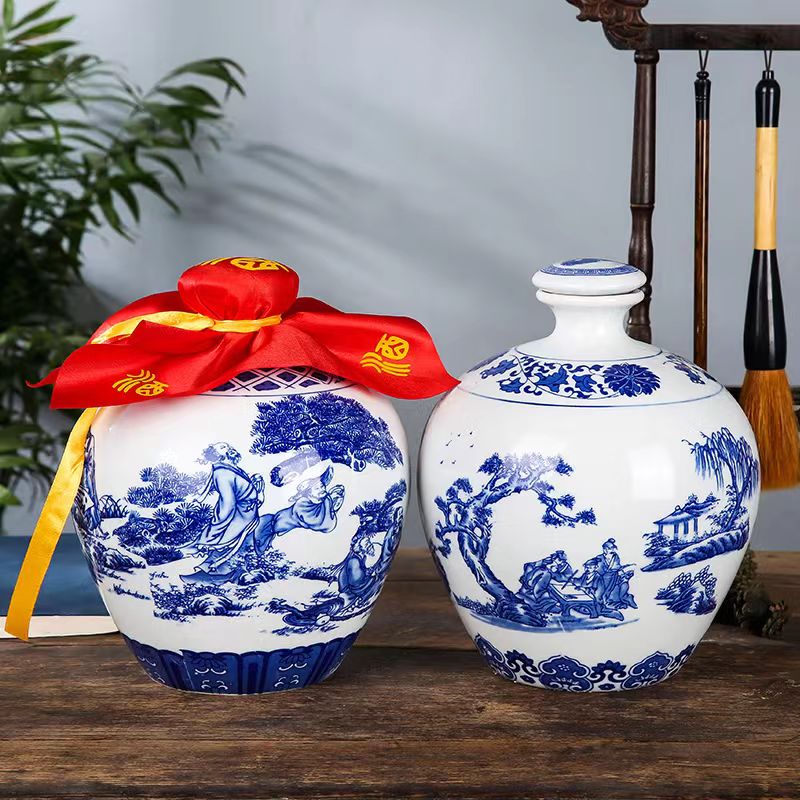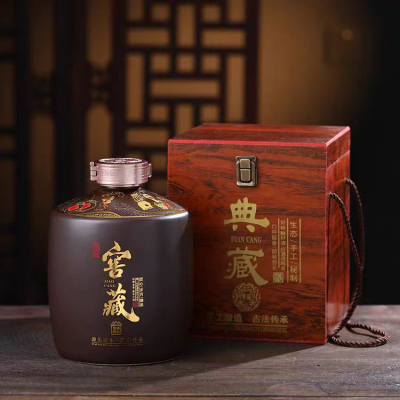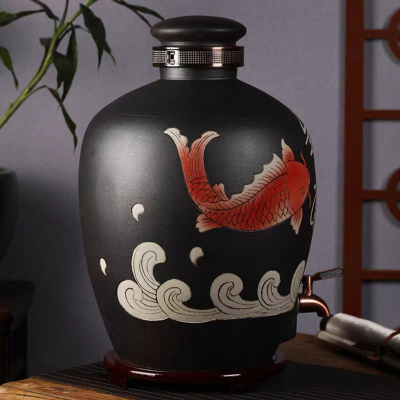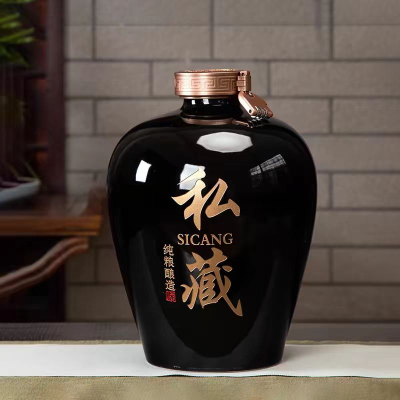Is Baijiu Similar to Soju?
Is Baijiu Similar to Soju?
Is Baijiu similar to Soju? This question often arises when people compare these two popular spirits from East Asia. Both baijiu and soju are distilled alcoholic beverages that share some similarities but also have distinct differences in terms of ingredients, production processes, and cultural significance. In this article, we will explore the key differences and similarities between baijiu and soju, shedding light on what makes each drink unique.
What is Baijiu?
Baijiu, often referred to as “Chinese white liquor,” is China’s most famous and culturally significant distilled spirit. It is made from fermented grains such as sorghum, wheat, or rice. The alcohol content of baijiu typically ranges from 40% to 60%, though premium varieties may have higher alcohol concentrations. Baijiu has a strong, potent flavor profile that varies depending on the region and production method. Some varieties are known for their earthy, pungent aromas, while others have a lighter, sweeter taste.
The production of baijiu involves a complex fermentation and distillation process, often using traditional pot stills. Baijiu is consumed throughout China in a variety of settings, including family gatherings, business banquets, and state events.
What is Soju?
Soju is a traditional Korean distilled spirit that is widely consumed in South Korea and other parts of East Asia. It is made from rice, barley, sweet potatoes, or wheat, similar to baijiu, but it typically has a lower alcohol content, ranging from 16% to 25%. Soju is known for its clean, smooth taste, making it more approachable for those new to Korean spirits. It is often consumed neat, in cocktails, or mixed with other beverages.
Unlike baijiu, soju is usually distilled multiple times, which results in a smoother texture and less intense flavor. The alcohol content of soju can vary depending on the brand, with some premium varieties having higher ABV levels, but it generally remains lower than baijiu.
Similarities Between Baijiu and Soju
While baijiu and soju have distinct characteristics, there are some commonalities between these two spirits:
1. Grain-Based Spirits
Both baijiu and soju are made from fermented grains. While the specific grains used can vary, baijiu is typically made from sorghum, while soju is often made from rice, barley, or sweet potatoes. The grain-based nature of both drinks gives them a distinctive, natural flavor.
2. Traditional Production Methods
Both baijiu and soju are produced using traditional distillation processes that have been passed down through generations. While the methods may differ slightly, both spirits require fermentation, distillation, and aging to create their unique profiles. Baijiu is often fermented with a special starter called “qu,” while soju uses a fermentation process that may include multiple distillation stages.
3. Cultural Significance
Both drinks hold significant cultural importance in their respective countries. Baijiu is central to Chinese culture, often consumed during weddings, business banquets, and family celebrations. Soju, similarly, is a key part of Korean culture and is frequently consumed during social gatherings, including meals and toasts.
4. Alcoholic Strength
Both baijiu and soju are distilled spirits, which means they generally have a higher alcohol content than other types of liquor, such as beer or wine. While baijiu tends to have a higher ABV, soju is still relatively strong compared to other popular liquors worldwide.
Key Differences Between Baijiu and Soju
Despite these similarities, baijiu and soju are quite different in several key aspects:
1. Alcohol Content
One of the most noticeable differences between baijiu and soju is their alcohol content. Baijiu is significantly stronger, typically ranging from 40% to 60% ABV, while soju usually has an ABV of 16% to 25%. This makes baijiu much stronger and more potent than soju, which is one of the reasons why baijiu is often consumed in smaller quantities.
2. Flavor Profile
The flavor of baijiu is known for being complex, earthy, and sometimes pungent. Some varieties of baijiu have a strong, fermented aroma that can be overpowering for those unaccustomed to its taste. On the other hand, soju is typically much smoother, with a milder flavor. It is often described as clean and neutral, which makes it more versatile in cocktails and mixers.
3. Production Process
While both baijiu and soju are distilled, the production processes are different. Baijiu is traditionally made by fermenting grains with a special starter called “qu,” which helps to develop its rich and complex flavors. The distillation process is often done using traditional pot stills, resulting in a stronger, more potent drink.
In contrast, soju is usually distilled multiple times to create a cleaner, smoother taste. It is also often diluted with water to adjust its alcohol content. Soju can be made using a variety of ingredients, such as rice, barley, sweet potatoes, or wheat, which gives it a more neutral flavor compared to baijiu.
4. Cultural Context
Both spirits play significant roles in their respective cultures, but they are consumed in different ways. Baijiu is often enjoyed during formal occasions in China, such as weddings, business banquets, and government functions. It is a symbol of respect and tradition, and drinking baijiu is often associated with rituals and toasts.
In contrast, soju is more commonly consumed during casual social events in Korea. It is typically enjoyed with meals or during gatherings with friends, and drinking soju is often accompanied by playful toasts and social rituals.
Conclusion
In conclusion, while baijiu and soju share some similarities, such as being grain-based distilled spirits with cultural significance, they are distinct beverages with unique characteristics. Baijiu is stronger, more complex, and has a more robust flavor profile, while soju is smoother, more approachable, and typically has a lower alcohol content. The two drinks reflect the different cultural and drinking traditions of China and Korea, respectively, and each has its own place in the hearts of those who appreciate them.
So, is baijiu similar to soju? Not exactly. While they both belong to the same family of distilled spirits, they differ in flavor, strength, and the way they are consumed, making each one a unique experience.
Distinct Yet Complementary
While both baijiu and soju are grain-based and play significant roles in celebratory events, their differences in flavor, texture, and alcohol content give them their unique appeal. Baijiu offers a strong, complex flavor and higher alcohol content, providing a more intense experience for the drinker. Soju, on the other hand, is appreciated for its mild, refreshing taste and lower alcohol content, making it popular among a broader audience.
Conclusion: Different yet Equally Beautiful
In summary, while baijiu and soju both belong to the family of distilled spirits, their differences in cultural background, production methods, flavor profiles, and drinking experiences make them each stand out. Baijiu, with its deep cultural roots and unique flavors, is a treasure of Chinese culture. Soju, with its light and refreshing qualities and ease of pairing, holds a special place in Korean dining culture. Therefore, when considering the similarities between baijiu and soju, we should appreciate their individual uniqueness and savor the beauty of their distinct qualities.









